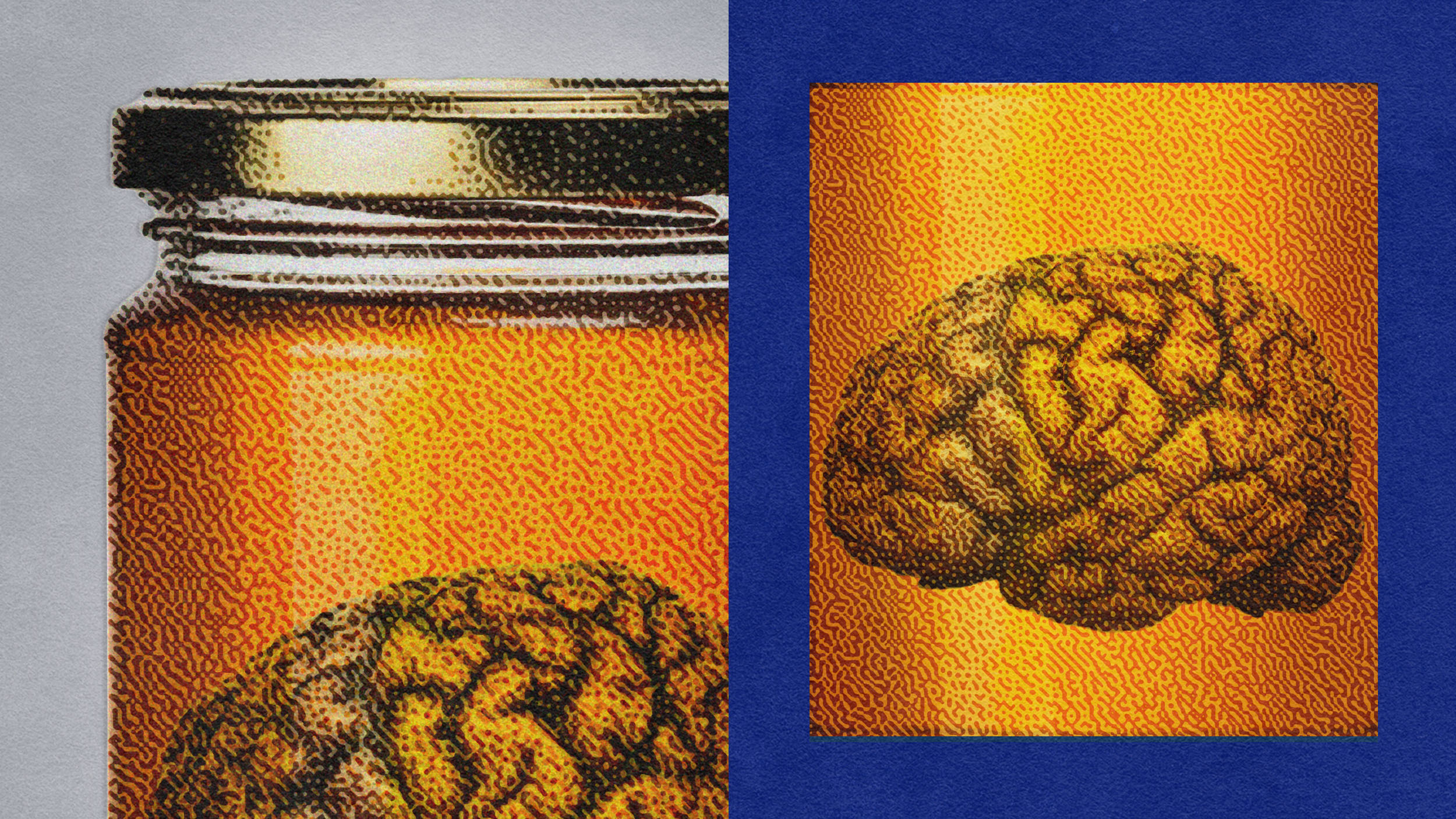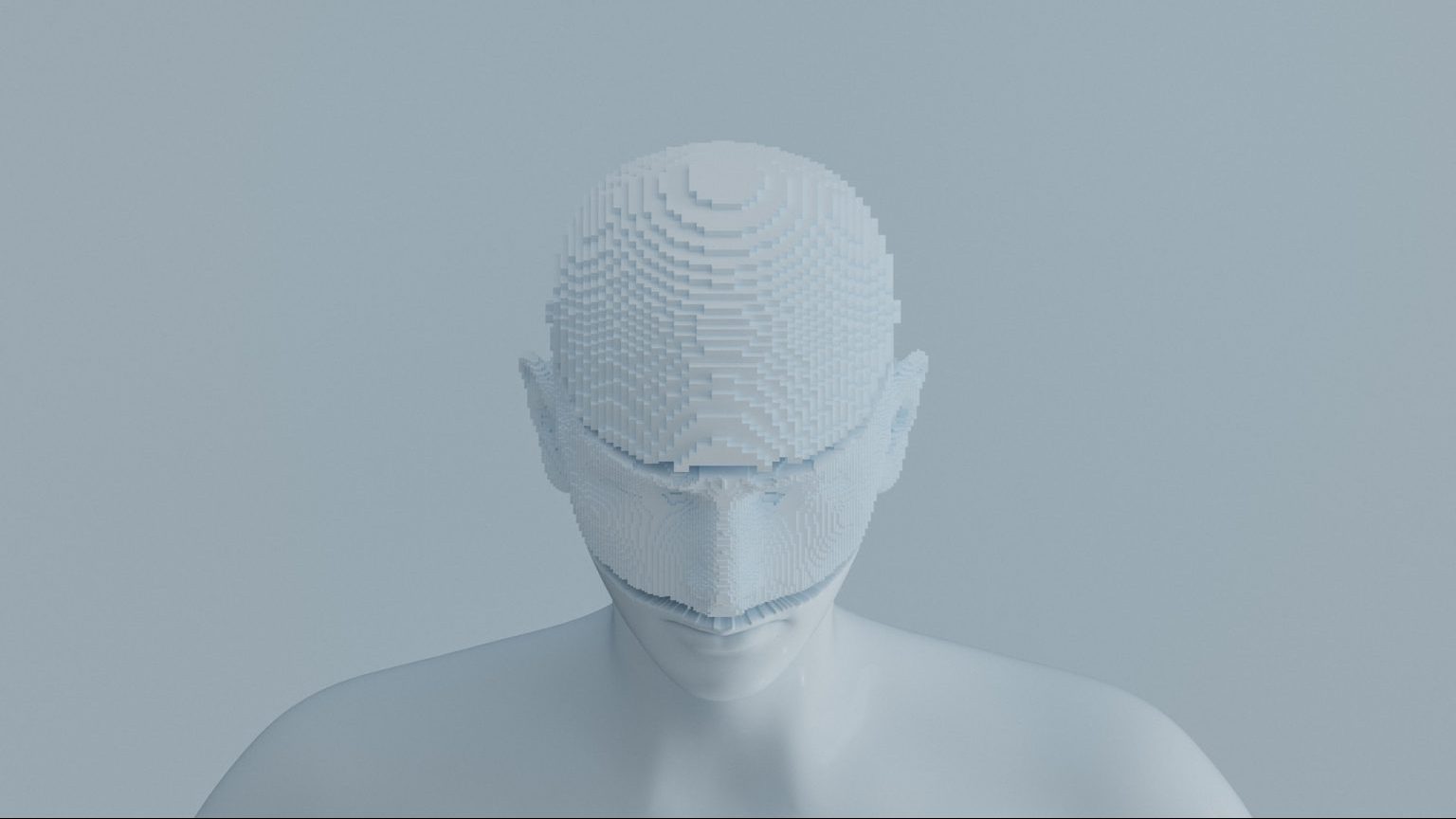One day we might be able to download our consciousness into a computer chip, preserving our personalities forever—but first we will have to better understand brain architecture.
Question: Will it be possible to transfer one’s memory into a synthetic medium in our lifetime? (Submitted by Tomas Aftalion)
Michio Kaku: Tomas, you ask a very controversial question. The question is, can you download our consciousness into a chip and have that chip being stored into a computer and basically have our personalities last forever; we would be immortal. Well, first of all, that raises a question: who are we anyway? If I have a tape recorder that has a little bit of intelligence, and it begins to answer questions the way I would answer questions and I am sitting here with a tape recorder, is that really me? What happens if that tape recorder becomes increasingly more sophisticated and can begin to pick up nuances of my personality? Here I am, I am me, but here I am sitting next to this tape recorder which sounds like me, has all of the interpretations and nuances of me, but is not really me at all—or is it? Are we nothing but a bunch of neurons with a certain programming and a certain code?
Well, first of all, you ask for a timeline. I personally think that this is going to take a lot longer than we expect simply because our brain architecture and the way he deal with situations is different from a digital computer. Computers we have today are digital. They compute in zeros and ones. They have subroutines, they have programming, they have software, they have an operating system, they have a CPU. Our brain has none of these things. Our brain has no CPU, there's no programming, there's no Windows software, there are no subroutines, there's no programming at all in our brain. Our brain is a learning machine. It encounters tasks and then learns how to overcome these tasks, one by one. So that's going to be the basic problem. Simply digitalizing information, that's easy, we can simply scan information into a computer. But, you see, our brains learn. We learn to adapt new ideas, we begin to learn new tasks and new things. And that's going to be a lot more difficult to replicate by computer. So, I personally don't think we're going to see that in our lifetime.






